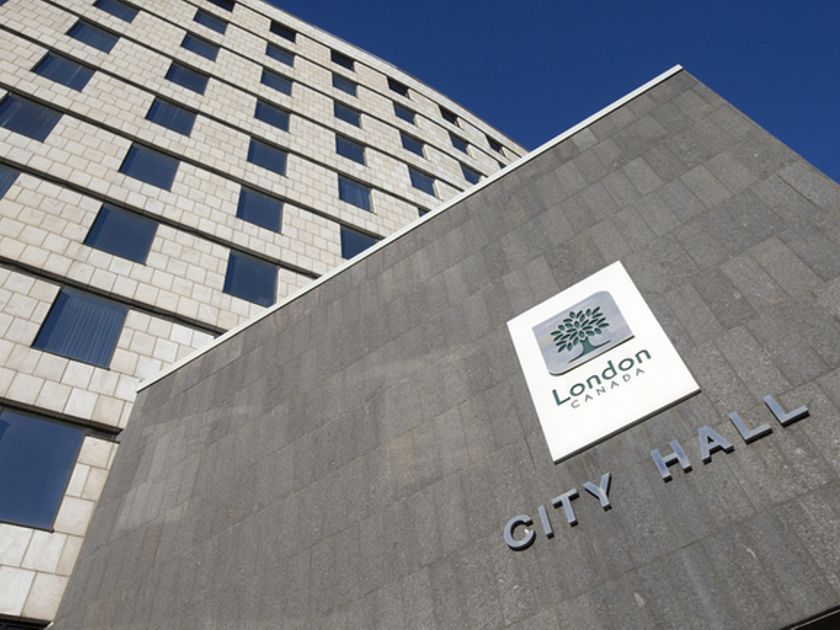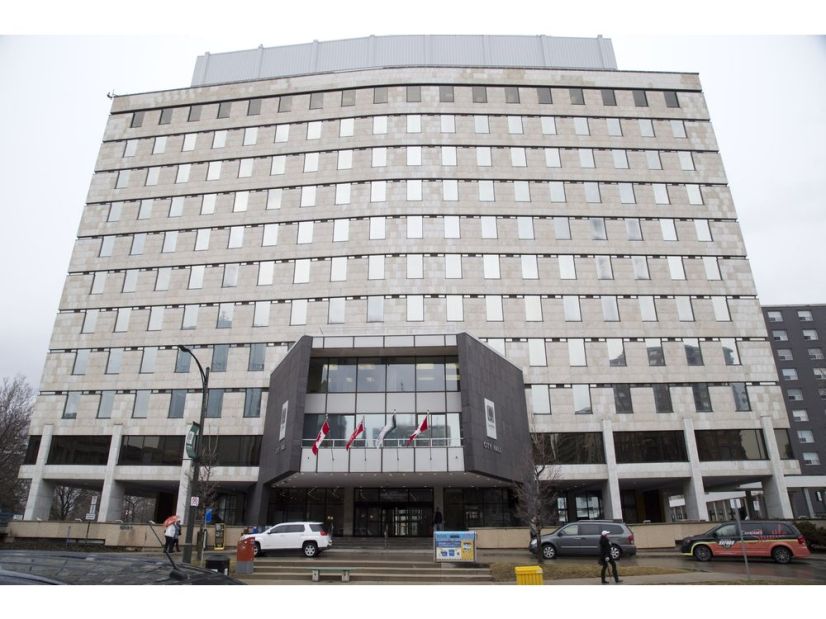Mayor Al Gleeson hinted Tuesday there’s a chance of negotiating a settlement with two London fire department employees forced to retire at age 60, but he is still committed to the principle of not paying back wages.
A “reasonable” financial settlement could be the subject of negotiations, Gleeson said, but the city’s position is not to pay wages from the time of their retirement to reinstatement. “We’re prepared to negotiate, (but) they’re not going to get their (back) wages under another name.”
Six months ago, city council voted to reinstate former platoon chief Fred Holmes and storeskeeper Fred McCullagh in light of a supreme court of Canada ruling that Ontario’s human rights code, prohibiting age discrimination, takes precedence over private agreements such as the mandatory retirement provision worked out between London and its firefighters.
The court decision was based on a case involving two Etobicoke firemen forced to retire at 60—a practice which involves about 60 per cent of municipalities in Ontario.
Holmes, 64, was forced to retire in November, 1978 under the mandatory retirement provision which was negotiated in the mid ‘70s. MuCullagh, 62, was retired May 31, 1980, and both men took their case to the Ontario human rights commission.
Neither has returned to work because of the lingering dispute over payment of back wages, believed to total about $100,000.
Contacted Tuesday, McCullagh stuck to his position that he wants a settlement before he returns to his old job. “I think I’m entitled to it…I’ve still got my fingers crossed.”
Holmes, meanwhile, is suffering from poor health. “I don’t know whether my health is going to allow me to go back. It’s less than 11 months till I have to retire anyway. It doesn’t seem worth going back for 11 months, not if it’s going to take another two or three months to get some strength back.”
Holmes, who has taken radiation treatment for a lymph gland condition and began chemotherapy treatment Monday, said he has to come to some decision before the end of the year. Still, he’d like a settlement on back pay “if I could get it.”
The city agreed to reinstatement on condition McCullagh and Holmes passed medical examinations. Both did. Holmes’ current illness, he said, came after passing his medical examination for the city.
Meanwhile, Anita Dahlin, human rights supervisor for the Southwestern Ontario region, said the issue will have to be resolved early next year. “Things have gone on long enough. The city has had plenty of time to make some sort of decision on what kind of compensation it merits.”
Earlier this year, Dahlin said the supreme court decision on the Etobicoke firemen also reaffirmed the order of a board of inquiry which called for full compensation for lost wages. “There are people all over the province getting reasonably good settlements—going back to work and getting the compensation.
Although he wouldn’t discuss specifics, city administrator Maurice Engels said discussions are continuing with human rights officials.
Should the city, commission and retirees fail to reach an agreement, the question probably will be turned over to an independent board of inquiry. “We have to negotiate as long as we think it is fruitful,” said Dahlin, “and that can take a long time.”
Gleeson wants to resolve the issue “up front” with human rights officials rather than have the dispute turned over to a special tribunal.
However, he said the city’s concern is about setting a precedent by committing itself to paying back wages. That could return to haunt the city should policemen forced to retire at 60 demand equal treatment. “I’m not as comfortable as human rights that there are these two (firemen) and that’s all.”
Mayor Al Gleeson hinted Tuesday there’s a chance of negotiating a settlement with two London fire department employees forced to retire at age 60, but he is still committed to the principle of not paying back wages.
A “reasonable” financial settlement could be the subject of negotiations, Gleeson said, but the city’s position is not to pay wages from the time of their retirement to reinstatement. “We’re prepared to negotiate, (but) they’re not going to get their (back) wages under another name.”
Six months ago, city council voted to reinstate former platoon chief Fred Holmes and storeskeeper Fred McCullagh in light of a supreme court of Canada ruling that Ontario’s human rights code, prohibiting age discrimination, takes precedence over private agreements such as the mandatory retirement provision worked out between London and its firefighters.
The court decision was based on a case involving two Etobicoke firemen forced to retire at 60—a practice which involves about 60 per cent of municipalities in Ontario.
Holmes, 64, was forced to retire in November, 1978 under the mandatory retirement provision which was negotiated in the mid ‘70s. MuCullagh, 62, was retired May 31, 1980, and both men took their case to the Ontario human rights commission.
Neither has returned to work because of the lingering dispute over payment of back wages, believed to total about $100,000.
Contacted Tuesday, McCullagh stuck to his position that he wants a settlement before he returns to his old job. “I think I’m entitled to it…I’ve still got my fingers crossed.”
Holmes, meanwhile, is suffering from poor health. “I don’t know whether my health is going to allow me to go back. It’s less than 11 months till I have to retire anyway. It doesn’t seem worth going back for 11 months, not if it’s going to take another two or three months to get some strength back.”
Holmes, who has taken radiation treatment for a lymph gland condition and began chemotherapy treatment Monday, said he has to come to some decision before the end of the year. Still, he’d like a settlement on back pay “if I could get it.”
The city agreed to reinstatement on condition McCullagh and Holmes passed medical examinations. Both did. Holmes’ current illness, he said, came after passing his medical examination for the city.
Meanwhile, Anita Dahlin, human rights supervisor for the Southwestern Ontario region, said the issue will have to be resolved early next year. “Things have gone on long enough. The city has had plenty of time to make some sort of decision on what kind of compensation it merits.”
Earlier this year, Dahlin said the supreme court decision on the Etobicoke firemen also reaffirmed the order of a board of inquiry which called for full compensation for lost wages. “There are people all over the province getting reasonably good settlements—going back to work and getting the compensation.
Although he wouldn’t discuss specifics, city administrator Maurice Engels said discussions are continuing with human rights officials.
Should the city, commission and retirees fail to reach an agreement, the question probably will be turned over to an independent board of inquiry. “We have to negotiate as long as we think it is fruitful,” said Dahlin, “and that can take a long time.”
Gleeson wants to resolve the issue “up front” with human rights officials rather than have the dispute turned over to a special tribunal.
However, he said the city’s concern is about setting a precedent by committing itself to paying back wages. That could return to haunt the city should policemen forced to retire at 60 demand equal treatment. “I’m not as comfortable as human rights that there are these two (firemen) and that’s all.”





